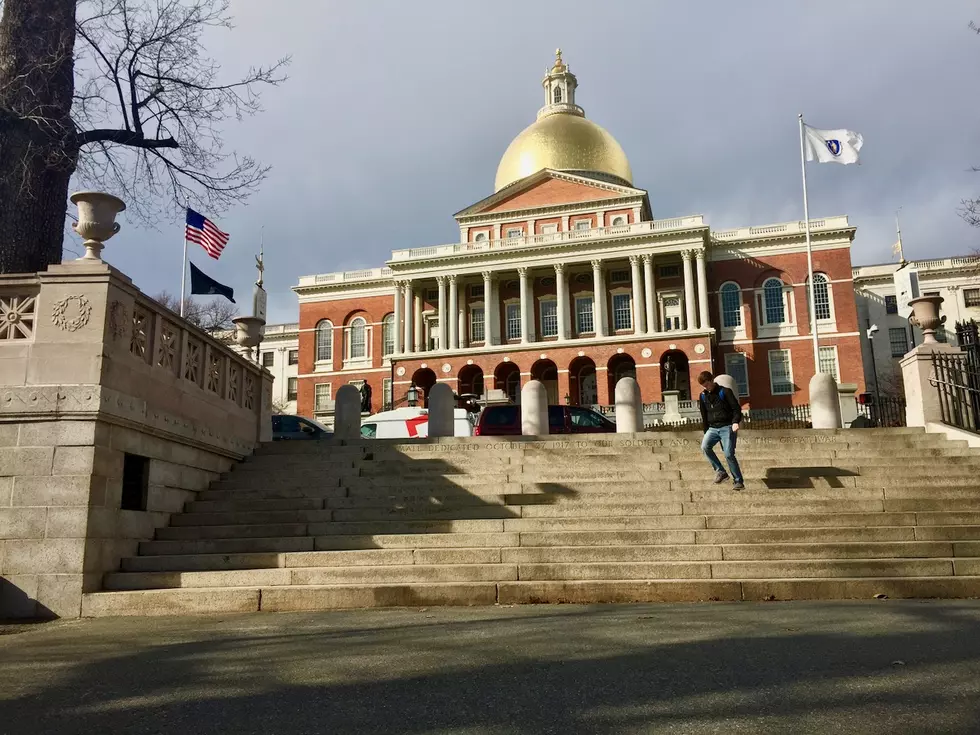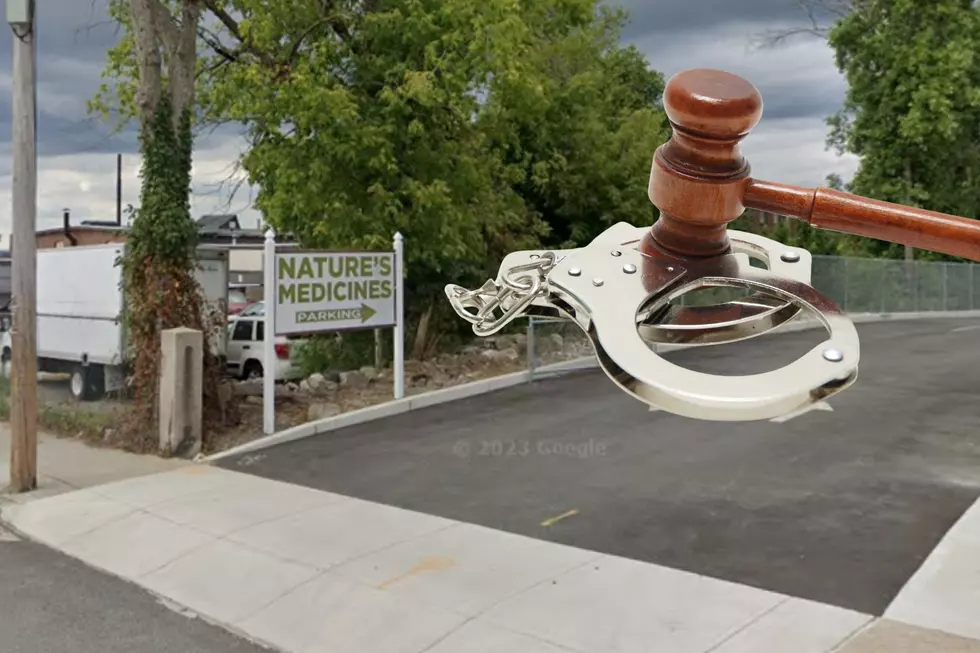
Lawmakers Send New Congressional Districts to Baker
BOSTON — The Legislature on Wednesday agreed to and sent the governor fresh maps redrawing the boundaries of Massachusetts' nine congressional districts and eight Governor's Council districts, over the objections of senators who saidFall southeastern Massachusetts was not shown the respect it deserves.
Lawmakers earlier this week rolled out a slightly-revised congressional map that would keep Fall River and New Bedford separated between the 4th and 9th districts despite pressure from some regional leaders like U.S. Rep. William Keating to unite the similar South Coast cities in one district.
That and the way that a portion of the Metrowest region was carved up into five different congressional districts were the main sticking points of Sens. Becca Raush and Marc Pacheco when they rose in opposition to the map Wednesday.

"I am left with no good reason to push this map proposal through and a slew of serious problems. I have seen other proposals that are both more equitable and more compact," Rausch, who represents parts of the Metrowest, said.
She added, "We must do this right. And doing it right certainly does not mean slashing Metrowest into five different bits and bifurcating Fall River and New Bedford."
Pacheco, who also voted against the new map redrawing state Senate districts, said the congressional map "continues to send a message to Southeastern Massachusetts that 'we in the metro area, we in the metropolitan area of Boston, we will continue to do what we want with you and we will use you when we need to. But otherwise, we will keep just continue to do what we want, when we want to.' And that has to stop."
The Taunton Democrat argued that southeastern Massachusetts has large Azorean and Portuguese communities "with unique historical, cultural and economic ties that should be represented collectively so that the voices of those individuals and families are truly heard and respected."
Rep. Mike Moran, who led the Special Committee on Redistricting for the House, said earlier this week that the committee was not swayed by the Azorean argument.
"Azoreans are not a protected class of people and nowhere on this map will you find us drawing a congressional district for a subset of non-Hispanic whites. When I look at good principles of redistricting, that's not a principle you're going to find," Moran told the News Service on Monday.
Pacheco said Wednesday that he feels his region of the state has been given the short end of the stick throughout the redistricting process and suggested that its concerns are often given short shrift on Beacon Hill.
He said a domino effect in Senate districts just south of Boston "came down to southeastern Massachusetts just like so many things come down to southeastern Massachusetts and we end up, I believe, being taken advantage of."
"That's got to stop and I don't know when that stops, but it must end," he said.
"The attitude that people in the southern tier of the commonwealth just have to take it, I guess has to be decided time and time again at the ballot box and we need members to stand up and tell the regional story."
The congressional map passed the House on a 151-8 vote with South Coast Reps. Chris Markey and Alan Silvia joining six Republicans in opposition.
The map passed the Senate on a 26-13 vote with 12 Democrats — Sens. Pacheco, Rausch, Diana DiZoglio, Julian Cyr, Adam Hinds, Michael Rodrigues, Harriette Chandler, Sonia Chang-Diaz, Jamie Eldridge, Pat Jehlen, Mark Montigny and Walter Timilty — joining Minority Leader Bruce Tarr in the dissent column.
The margin of support raises questions about whether the congressional map could survive a veto from Gov. Charlie Baker, who has so far not been a major player in the redrawing of district lines.
A two thirds majority is required in both branches to override any gubernatorial veto.
"All of the dozens of dozens of decisions were carefully decisions and most of them have proved non-controversial and have been generally accepted. That is not true of all of those decisions and it is the case that there was really one decision which remained controversial," Sen. William Brownsberger, who led the decennial map-making process for the Senate, said.
"And that is something I deeply regret because it is always my goal that every single senator is satisfied with the results of the redistricting process."
The Governor's Council map cleared each branch on a voice vote Wednesday.
Gov. Charlie Baker will have 10 days to act on the legislation outlining the new districts.
The redistricting process will return following the 2030 census.
— Colin Young, State House News Service
Ten Shortages That Could Affect Your Holiday
Top 35 Highest-Paying Jobs on the SouthCoast
More From WBSM-AM/AM 1420






![Fall River Dog Is the Ultimate Adventure Buddy [WET NOSE WEDNESDAY]](http://townsquare.media/site/519/files/2024/04/attachment-Untitled-design-2024-04-24T063451.295.jpg?w=980&q=75)


